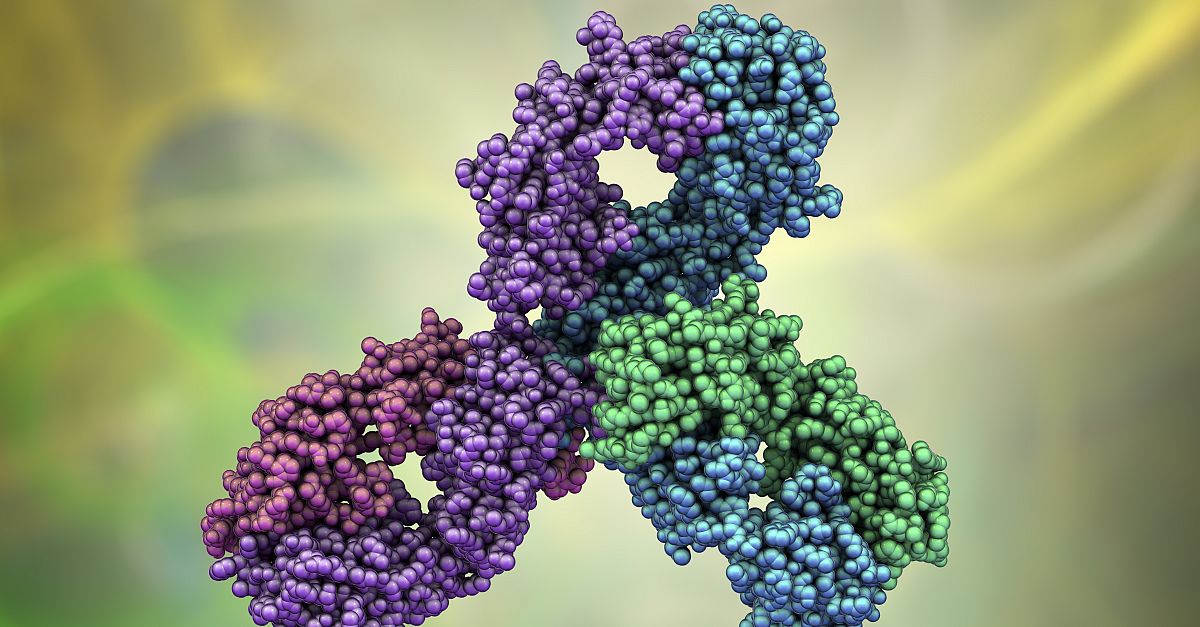Immune checkpoint inhibitor (ICI) plus chemotherapy is the standard treatment for non-small cell lung cancer (NSCLC), but phase III trial data of this treatment in patients aged 75 years and older are limited. To address this gap, Dr Yoko Tsukita and colleagues conducted the largest retrospective cohort study of older adult patients with advanced NSCLC to date. The multicenter observational study aimed to weigh the benefits of immunotherapy or chemoimmunotherapy in older adults with NSCLC (N = 1,245) and help inform the choice of first-line treatment in this population. The median age of participants was 78 years, the majority (78%) of patients were male, and all had Japanese ethnicity.
Pembrolizumab monotherapy was the most frequently used regimen, possibly due to patient age and the study timing. The study results showed that the ICI-chemotherapy combination did not improve overall survival or progression-free survival vs ICI alone but did increase the incidence of grade 3 and higher immune-related adverse events (irAEs). Results differed by histology; median overall survival was 20.4 months with ICI-chemotherapy vs 26.2 months with ICI alone in patients with adenocarcinoma, compared with 18.3 months vs 13.8 months in those with squamous cell carcinoma. The authors attributed this to the different distribution of programmed cell death protein 1 ligand 1 (PD-L1) tumor proportion score between these tumor types. Multivariate analyses showed that adding chemotherapy to ICI did not prolong survival across all PD-L1 subgroups.
More than half of patients discontinued treatment due to disease progression. Grade 3 or higher irAEs occurred in 24.3% of the ICI-chemotherapy–treated patients and 17.9% of those receiving ICI alone, and steroids were required to manage irAEs in about one-third of patients in each group. Pneumonitis was the most reported irAE. Treatment-related deaths occurred in 2.5% of patients in the ICI-chemotherapy group and 1.9% in the ICI-alone group.
On the basis of these results, the authors suggest that ICI alone may be the preferred treatment option for older patients with PD-L1–positive NSCLC.
High level
Randomized clinical trials are needed to validate these findings and to further understand the benefits of immunotherapy or chemoimmunotherapy in older adults. Although pembrolizumab was the most used regimen in this study, the combination of nivolumab plus ipilimumab may increasingly be selected, and investigation of the efficacy and safety of this regimen in older adults is warranted.
Ground level
The population of older adults is growing globally, and special consideration should be given to patient age when deciding on immunotherapy or chemoimmunotherapy in older adults. AE profiles and potential impact of steroid use are other factors to consider. The data from this study suggest that ICI without chemotherapy is the optimal treatment choice for patients with NSCLC aged 75 and older, but additional research is needed to determine whether the same will be true for other treatment regimens.

